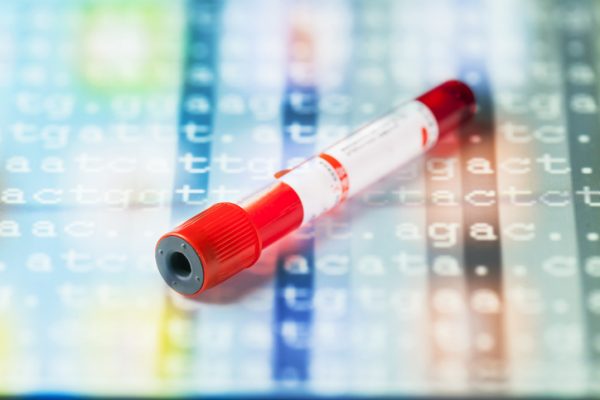
A genomic medicine company based in Singapore has raised $20 million in Series A funding as it looks to develop a blood test for early detection of cancer, a pursuit that has drawn the attention of both investors and biotech startups around the world.
Lucence makes blood-based tests for cancer screening and treatment selection and spun out of Singapore’s Agency for Science Technology and Research in 2016. The Series A funding round was led by IHH Healthcare, a healthcare provider with operations in Malaysia, Singapore, Turkey, India and other countries. Other participants include SGInnovate and existing investor Heliconia Capital, a subsidiary of Temasek Holdings, a sovereign wealth fund in Singapore.

The Power of One: Redefining Healthcare with an AI-Driven Unified Platform
In a landscape where complexity has long been the norm, the power of one lies not just in unification, but in intelligence and automation.
“Our investment in Lucence will provide IHH patients with better access to this advanced technology,” IHH’s CEO-designate, Kelvin Loh, said in a statement. “IHH looks to drive greater synergies with Lucence and co-develop solutions for patients, as well as explore opportunities to sharpen our precision medicine capabilities with other like-minded partners across our 10-country network.”
The blood test Lucence developed was launched in 2018. Known as LiquidHallmark, it is designed to detect both cancer-related gene mutations and cancer-causing viruses within a single assay. So far it has been used by oncologists in cancer diagnosis, monitoring and treatment selection for over 1,000 patients in Asia, according to the company. The test detects clinically relevant mutations in 14 cancers, including lung, breast, colorectal, pancreatic, nasopharyngeal and liver cancers.
Backed by the latest funding, Lucence is launching clinical studies of its test for use in early detection of cancer.
“We see that prospective clinical studies of cancer screening will be key to validate our unique panel design that spans cancer-related mutation and cancer-causing virus profiling in a single blood draw,” said Min-Han Tan, founder and CEO of Lucence, in an email response forwarded by a spokeswoman.
The liquid biopsy market, in which Lucence is playing, is pretty crowded, with one estimate of more than 30 startups all vying for success. Illumina-spinout Grail, which has raised more than $1 billion, is one of the more prominent ones in the field, which. Others in the hunt include Guardant, Thrive and is Freenome, which raked in $160 million this fall to support clinical trials of its blood-based colorectal cancer screening.
Investment in liquid biopsies and early cancer detection are likely buoyed by studies that show these tests do work. For example, a Grail study found that the test was able to detect early-stage cancer with a single blood test and the company also detected what it called strong signals for 12 cancers with a 99 percent specificity rate. This means that no more than 1 percent of tests generated false positives.
Another study done by U.S. and Korean researchers found Guardant360’s detection of the MSI-H/dMMR biomarker “highly concordant” with that of standard and invasive tissue biopsy, including in a subset of gastric cancer patients who responded to immunotherapy.
In September, researchers from Personal Genome Diagnostics, another liquid biopsy company, academic researchers from Johns Hopkins University and researchers New York’s Memorial Sloan Kettering Cancer Center and other institutions found that the company’s test was able to detect microsatellite instability in circulating tumor DNA. Further, the test was also able to estimate the chances of an immediate and durable, sustained response to treatment with an immune checkpoint inhibitor.
The potential is not lost as more and more clinicians are ordering such tests thereby boosting the global liquid biopsy market. That market is projected to reach $6.5 billion by 2026 though another market research report puts the number to nearly double that.
Lucence wants a piece of that overall revenue and expects to use the Series A funding to grow its lab operations and the commercial side of its business. Specifically, it plans to build a San Francisco-area lab, which would allow for speedier results to its U.S. customers. Tests for U.S. customers currently are done in the company’s Singapore lab. Currently, the company has a three-person team in the San Francisco area.
“Lucence is currently engaged in discussions with top U.S. cancer centers to make our technology available to patients through our CLIA-licensed laboratory [in Singapore],” Tan said in an email response forwarded by a spokeswoman.
Photo: jxfzsy, Getty Images








